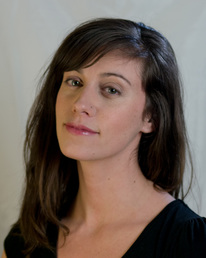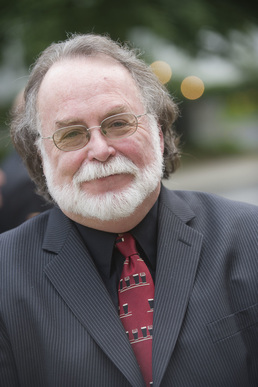 Cael Barkman
Cael Barkman Dancing Lessons is a lovely story about two people working separately to rise above their obstacles in order to achieve growth.
What role do you play, and how do they fit into the story?
My role is that of Senga. She is an out-of-work Broadway dancer working towards understanding and acceptance of her current state of being. Her place in the story is that of a neighbor, teacher and fellow human who struggles with personal limitations and expectations of self.
What are some of your character’s strengths and weaknesses?
Senga’s strengths are also areas of growth; her passion and tenacity are positives while also being road blocks. Another area of growth for Senga is her propensity for anger.
What do you find most challenging about your character?
For me, embodying Senga is challenging from a physical sense. The way she carries herself and works with physical limitations has been very eye-opening, while also fostering a greater sense of appreciation for my physical capabilities.
What line in the play means the most to you?
“Change equals courage.” This line is beautifully accurate.
What makes Dancing Lessons challenging/exciting/interesting to you?
An area I am quite passionate about is Autism awareness and education. It is a belief of mine that we should “Label Jars, Not People”. The opportunity to participate in a show that articulates even a glimmer into the reality of being an individual with Autism brings me joy. It’s exciting to have the chance to promote audience perspective and empathy.
Why do you believe theatre is important?
Theatre is so clearly an outlet for all involved. It gives more than it takes and even in its taking provides us with lessons about ourselves and those around us. This is an important outlet because of how it fosters support, liberation and development that gives shape to the world.





